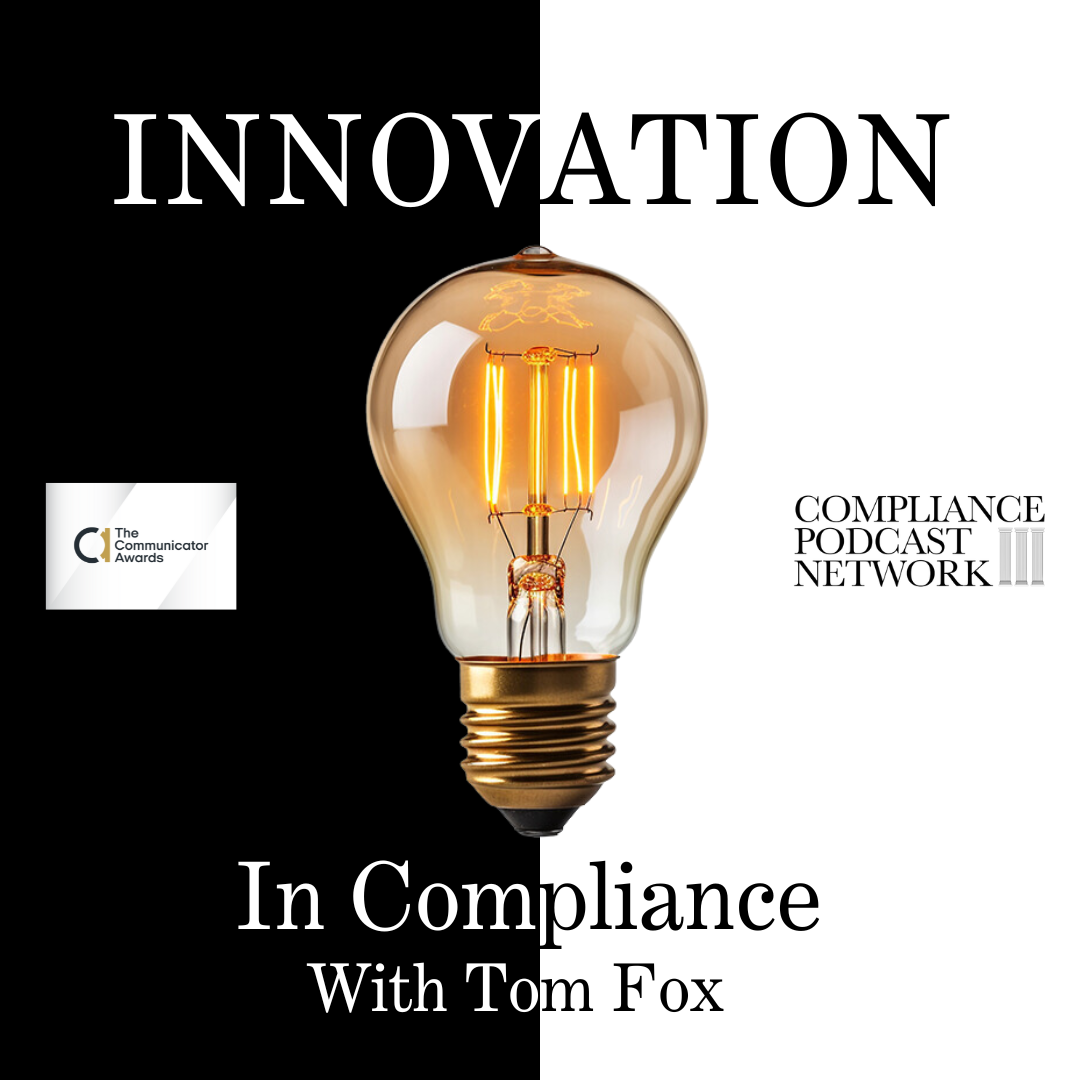Compliance professionals face increasing pressures to adapt and innovate in today’s rapidly evolving landscape. On a recent episode of Innovation in Compliance, I visited with Matt Lowe, the Chief Strategy Officer at MasterControl. We discussed how AI is revolutionizing quality management in the life sciences industry. With a background in engineering and extensive experience at MasterControl, Matt offered a unique perspective on integrating AI into compliance processes. We deeply explored how AI is poised to transform the compliance field.
Generative AI is being utilized to create comprehension-based testing automatically. This innovation significantly reduces the time required for compliance-focused training, transforming a process that once took hours into a task completed in minutes. This approach resonates with the broader compliance community, where efficiency and accuracy are paramount. By automating the generation of training materials, AI can help ensure that employees are adequately trained on your internal policies and procedures, helping your organization maintain compliance with regulatory standards.
Perhaps one of AI’s most exciting promises is the shift from reactive to predictive and preventative compliance. Traditionally, risk management has focused on identifying and correcting issues after they occur. However, AI offers the potential to predict and prevent problems before they arise. By analyzing vast amounts of data, AI can identify patterns and anomalies, allowing organizations to address potential issues proactively.
This predictive capability is precious in the life sciences industry, where the stakes are high. Ensuring the highest quality products can directly impact patient safety and regulatory compliance. Leveraging AI to predict and prevent quality issues represents a transformative shift in managing compliance.
When implementing AI in compliance, you should take a risk-based approach. This involves starting with low-risk AI applications to gain confidence in the technology before moving on to more critical areas. For instance, generating training exams is a low-risk application that can still deliver significant benefits. As organizations become more comfortable with AI, they can explore its use in more complex and higher-risk areas.
This cautious approach aligns with the principles of compliance, where assessing and managing risk is a fundamental aspect of the profession. By gradually incorporating AI, organizations can mitigate potential risks while harnessing the technology’s power to enhance compliance processes.
While AI offers tremendous potential, we both stressed the importance of the “Human in the Loop” approach. AI can provide valuable insights and automate processes, but human oversight remains crucial. This is particularly important in life sciences, where the consequences of errors can be severe. Ensuring that humans review and validate AI-generated outputs helps maintain the accuracy and reliability of compliance efforts. This “Human in the Loop” reflects a balanced approach to AI integration. By combining the strengths of AI with human expertise, organizations can achieve a more robust and effective compliance framework.
Lowe shared his vision for the future of AI in compliance. He envisions a world where AI becomes integral to software applications, transforming how professionals interact with technology. Instead of navigating complex interfaces, users will engage with AI-driven chatbots that provide instant answers and guidance. This shift will enable compliance professionals to access the information they need more efficiently and effectively. AI has the potential to identify gaps in compliance frameworks and suggest appropriate controls. This capability can significantly enhance the effectiveness of compliance programs by ensuring that organizations are always prepared for audits and regulatory scrutiny.
As AI continues to evolve, collaboration within the industry will be essential. Lowe mentioned initiatives like the Convention for Healthcare AI, where industry players and regulators discuss the ethical implications and best practices for AI use. Such collaborations are vital to ensure that AI is leveraged responsibly and ethically, particularly in industries like life sciences, where the impact on human health is significant.
AI has transformative potential for compliance. By automating routine tasks, shifting from reactive to predictive compliance, and adopting a risk-based approach, AI can significantly enhance the efficiency and effectiveness of compliance programs. However, the human element remains crucial to ensure accuracy and reliability. As the industry continues to explore and embrace AI, collaboration and ethical considerations will play a vital role in shaping the future of compliance. By harnessing the power of AI, organizations can stay ahead of regulatory requirements, improve product quality, and ultimately protect patient safety. The journey towards AI-driven compliance is just beginning, and the possibilities are exciting and profound.




